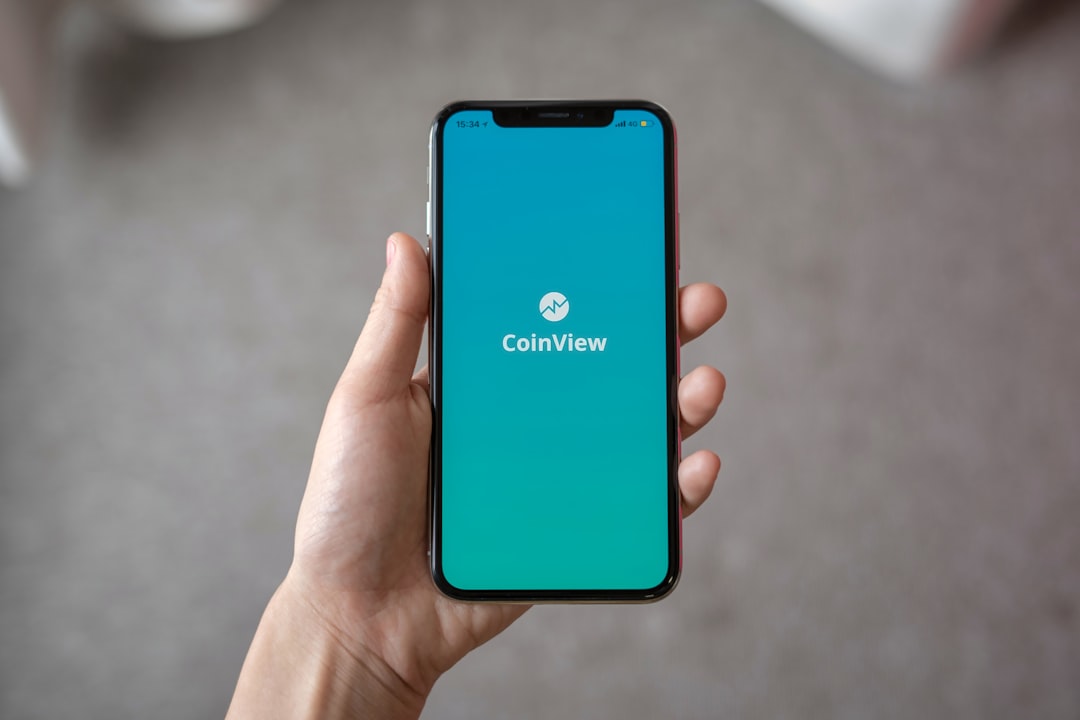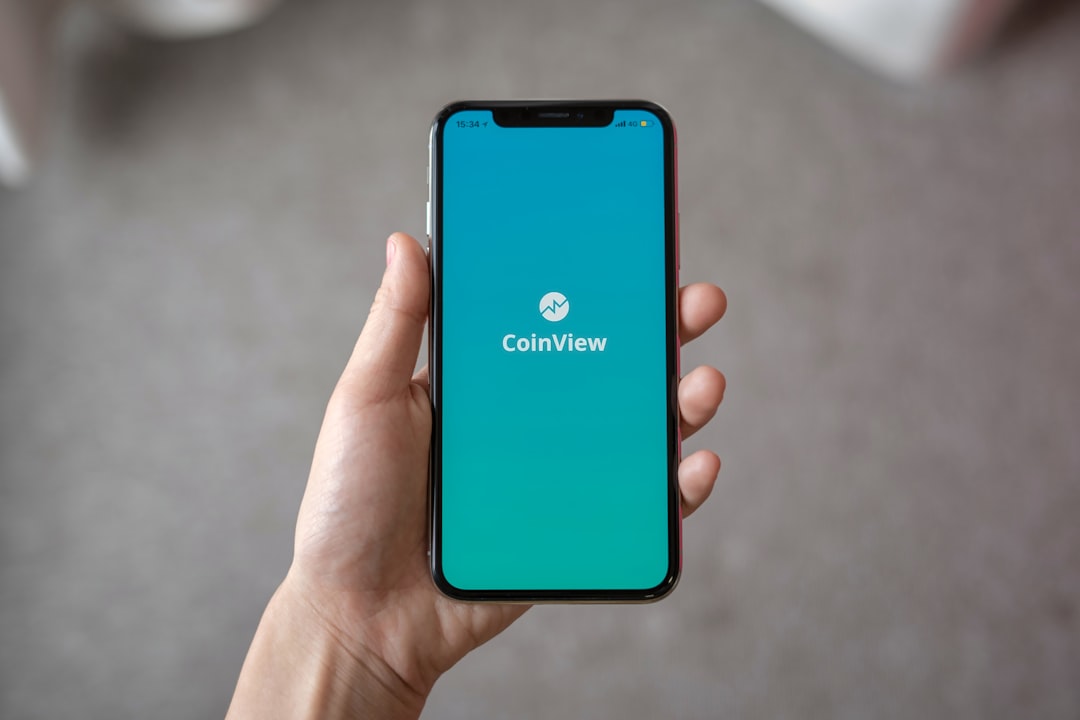In Georgia, the Georgia Do Not Call Act (GNCA) restricts marketing calls to numbers on the state's do-not-call list, applying to both automated and live operators. Telemarketers, including law firms offering legal services, must obtain prior written consent or fall within lawful exceptions. Violations result in fines. Consumers can register their phone numbers on Georgia's Do Not Call registry to reduce unwanted calls, with specific regulations covering call timing and opt-out requests. For legal guidance on Georgia's do not call law firm rules, consult a specialized firm. Persistent calls can be reported to the FTC and Georgian Attorney General's office.
In Georgia, understanding your rights in telemarketing situations is crucial. With ever-evolving marketing tactics, consumers must be aware of their protections under the state’s do-not-call laws and regulations. This comprehensive guide explores the definition of telemarketing, relevant Georgia laws, and your rights as a resident. We’ll also delve into dealing with unwanted calls, your legal recourse, and practical tips to protect yourself from intrusive telemarketing activities, ensuring you’re equipped with the knowledge to navigate these interactions confidently under Georgia’s do-not-call law.
Telemarketing Laws in Georgia: An Overview

In Georgia, telemarketing laws are designed to protect consumers from unwanted and deceptive sales calls. The Georgia Do Not Call Act (GNCA) restricts marketing calls to residents who have registered their numbers on the state’s official do-not-call list. This law applies to both automated and live operators, mandating that businesses obtain prior written consent before initiating telemarketing calls. Violations can result in significant fines, making it crucial for both local and out-of-state companies conducting business in Georgia to comply.
Telemarketers must also adhere to specific guidelines regarding call timing, content, and record-keeping. Calls are generally permitted between 8 a.m. and 9 p.m., local time, except with the caller’s consent or for certain types of calls. Furthermore, companies must provide clear and accurate information about their products or services and honor requests to stop calling immediately. Failure to comply can lead to legal action, emphasizing the importance of understanding and respecting consumer rights in telemarketing interactions.
– Definition of telemarketing

Telemarketing, in the context of this article, refers to the practice of making unsolicited phone calls with the primary purpose of selling or promoting goods and services. This includes calls from law firms seeking to represent clients or offer legal advice, often following up on previous interactions or listings found in public records. Georgia, like many other states, has put in place regulations to protect residents from excessive telemarketing calls, particularly those from law firms that may employ aggressive or deceptive tactics.
In Georgia, the Do Not Call Law firm rules aim to curb unwanted calls by providing individuals with a legal right to opt-out of such communications. This means that once you register your number on the state’s Do Not Call list, law firms and other telemarketers are prohibited from calling you unless they have your explicit consent or fall under specific exceptions outlined in the law. Understanding your rights regarding telemarketing is crucial in navigating these interactions and ensuring your privacy.
– Relevant state laws and regulations

In Georgia, telemarketing practices are governed by state laws designed to protect consumers from aggressive or unwanted sales calls. The Georgia Do Not Call Act (GNCCA) regulates commercial telephone solicitations, giving residents the right to request exclusion from marketing calls. Under this law, businesses are prohibited from making telemarketing calls to individuals who have registered their phone numbers on the Do Not Call list. Violations can result in fines, making it crucial for both consumers and businesses to understand their rights and responsibilities.
Relevant regulations include specific rules about call timing, opt-out requests, and the use of automated dialing systems. Consumers in Georgia can register their numbers through the state’s official Do Not Call registry, ensuring they receive fewer marketing calls. By understanding and adhering to these laws, both parties can ensure a more harmonious and compliant telemarketing environment, fostering trust and respect for individual privacy rights.
Your Rights as a Georgia Resident

As a resident of Georgia, you have specific rights and protections when it comes to telemarketing calls. The Telephone Consumer Protection Act (TCPA) is a federal law that restricts how businesses can contact consumers by phone, including soliciting sales or promoting services. In Georgia, the Attorney General’s office plays a crucial role in enforcing these rules, ensuring that telemarketers adhere to fair practices.
When you receive unwanted calls from law firms or other entities in Georgia, you have options. The TCPA allows you to file a complaint with the Federal Trade Commission (FTC) and your state’s Attorney General’s office. Additionally, many states, including Georgia, have “do not call” lists where you can register to stop most telemarketing calls. By exercising these rights, you can take control of your communication preferences and limit intrusive phone solicitations.






